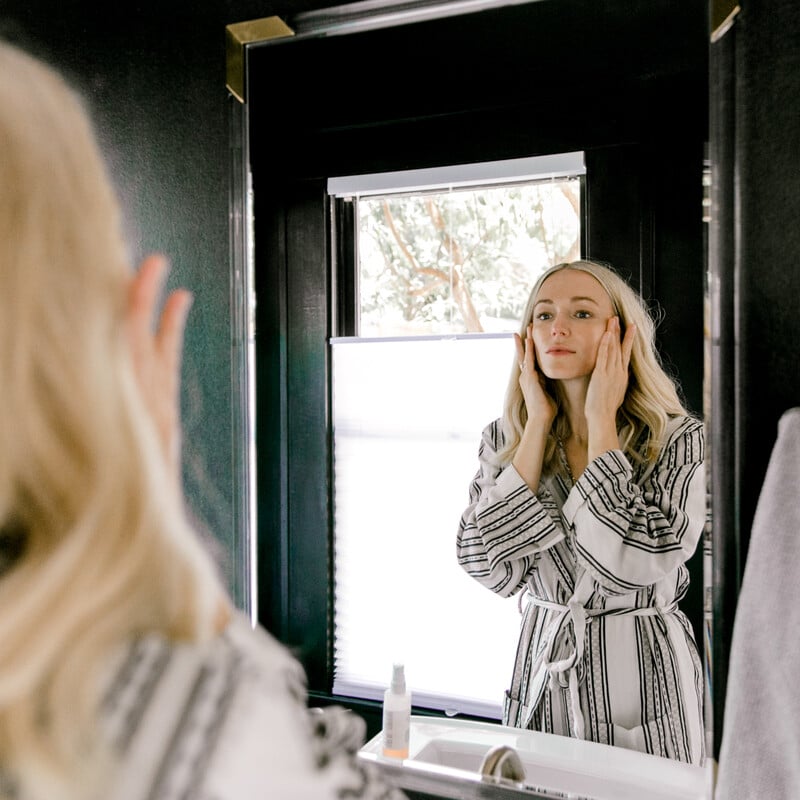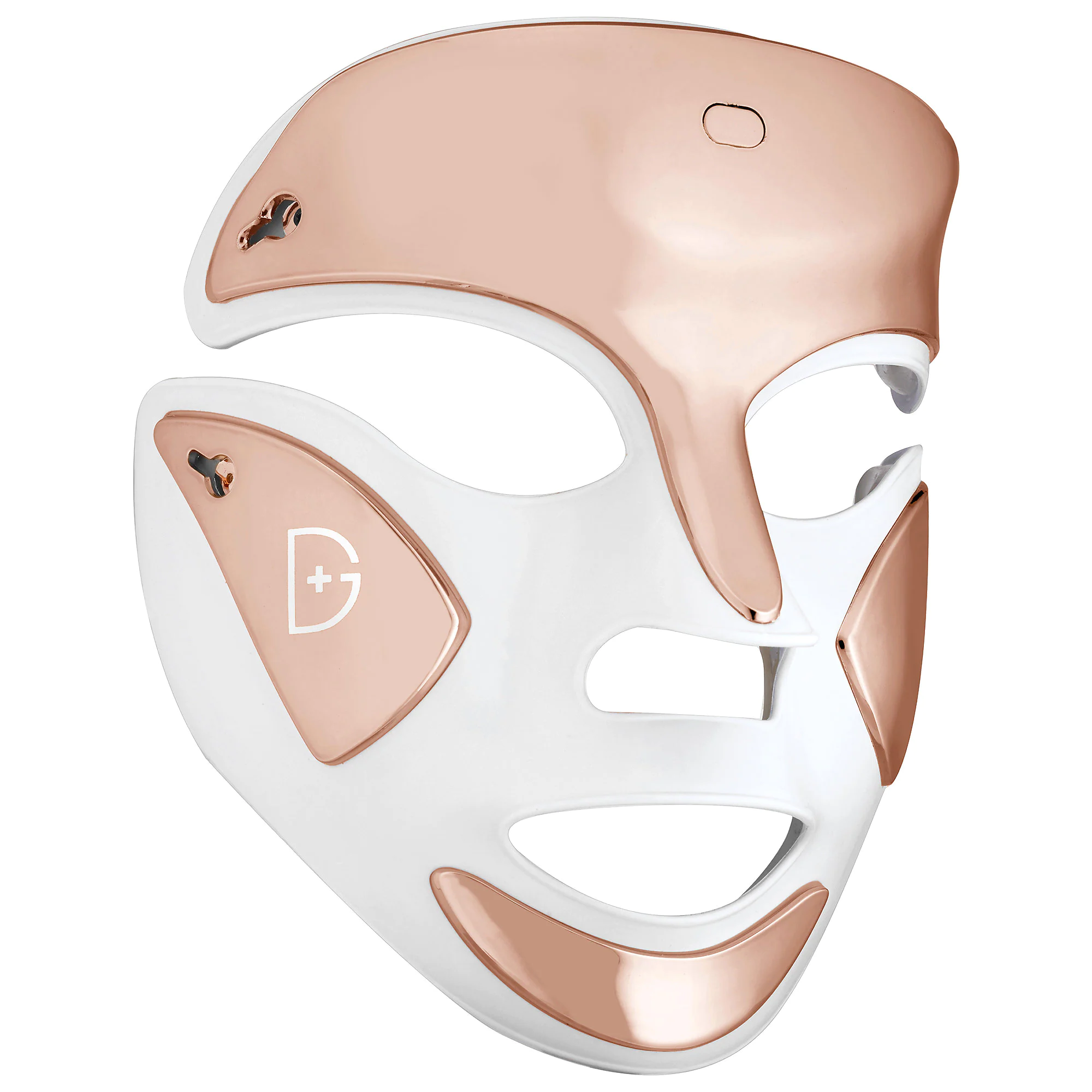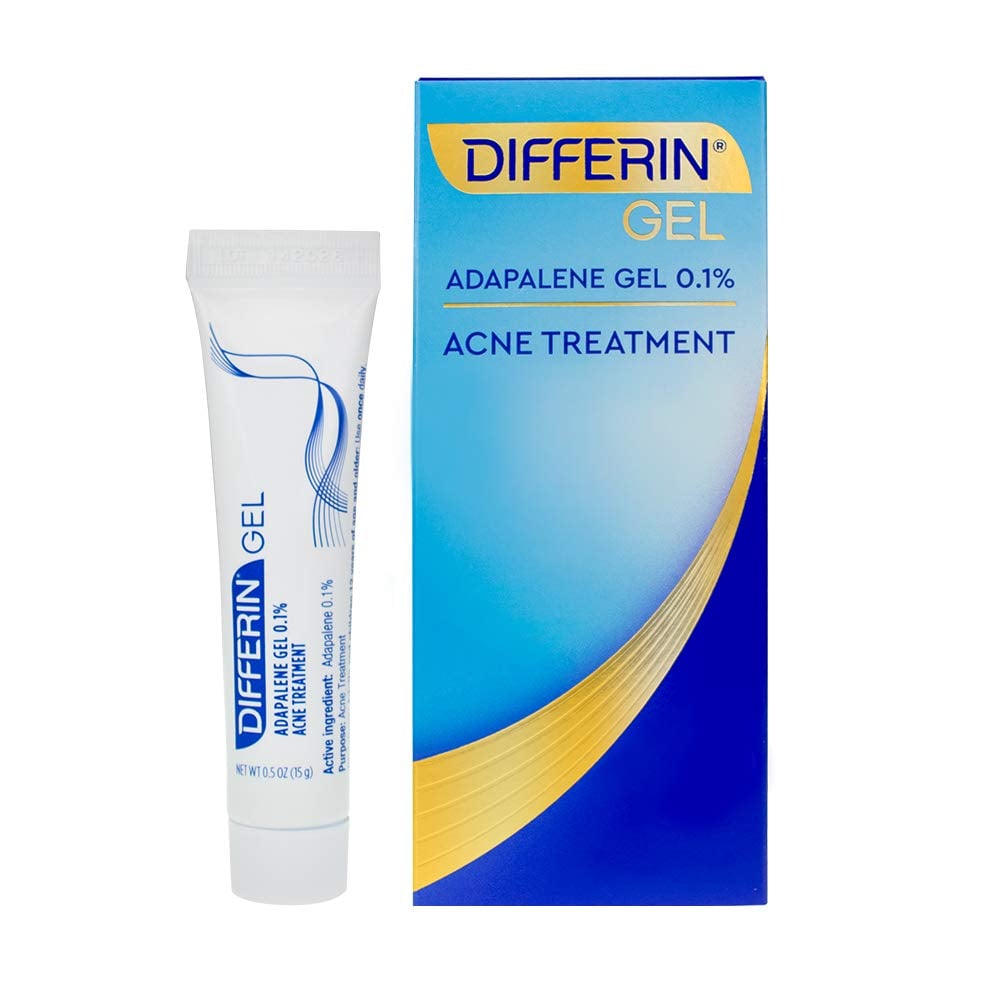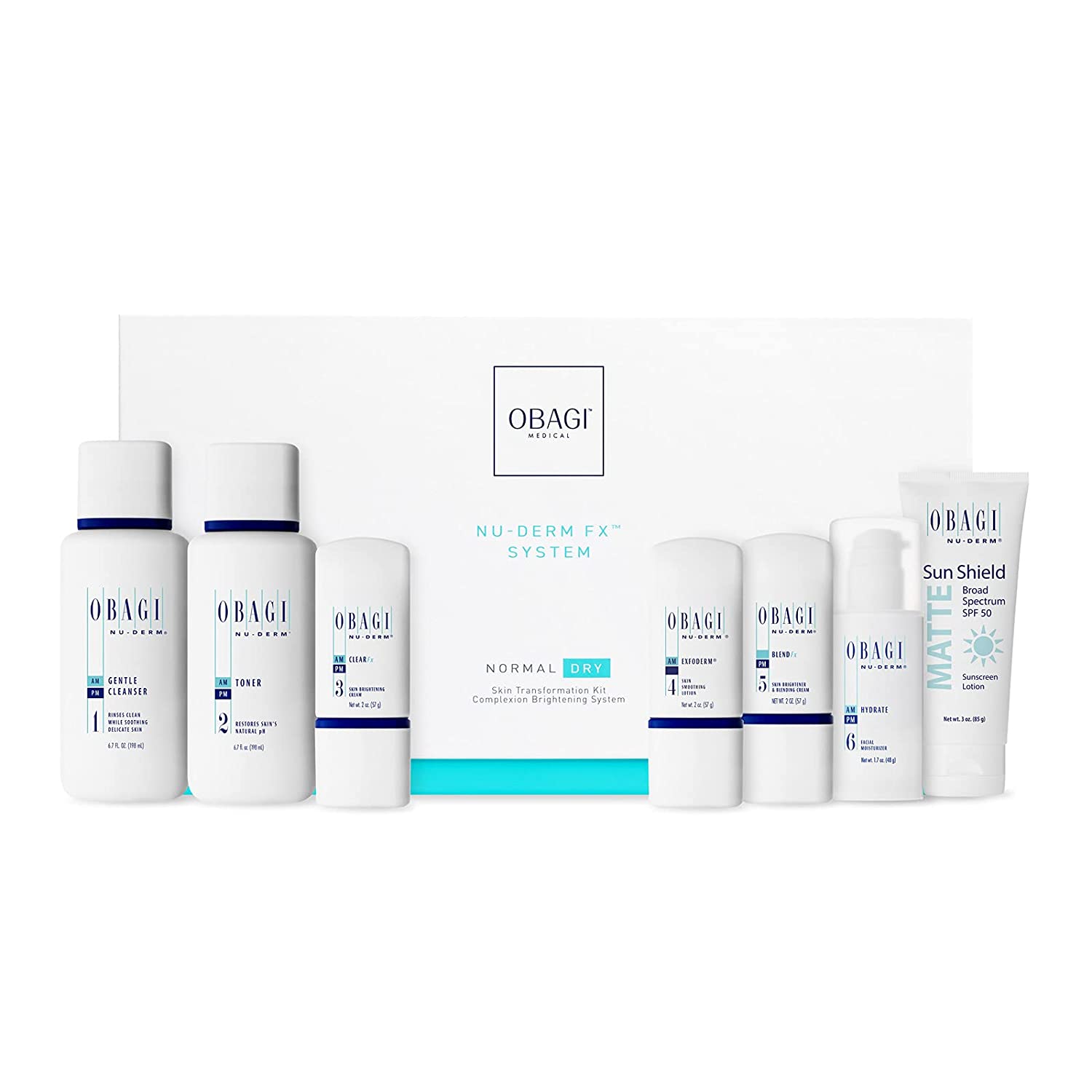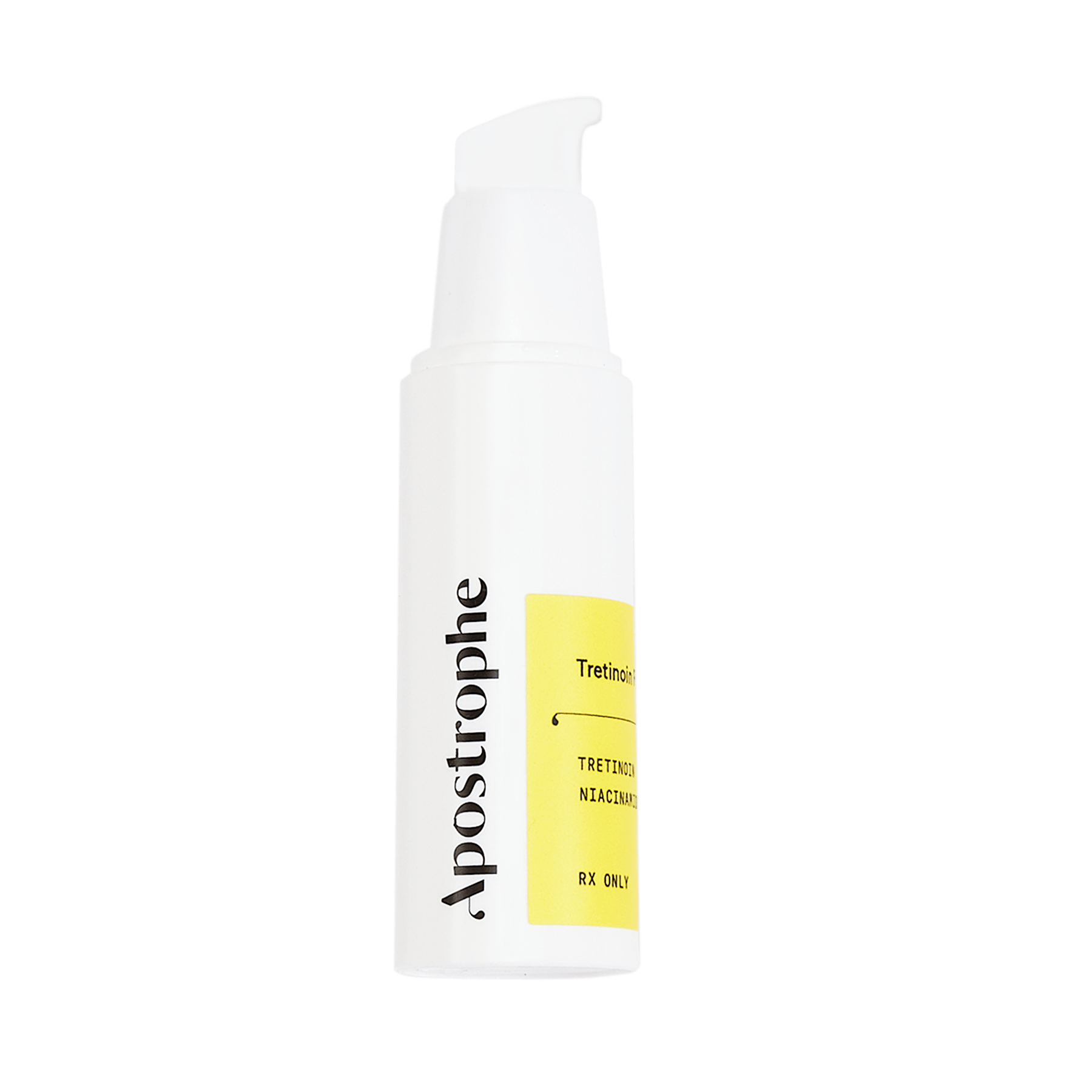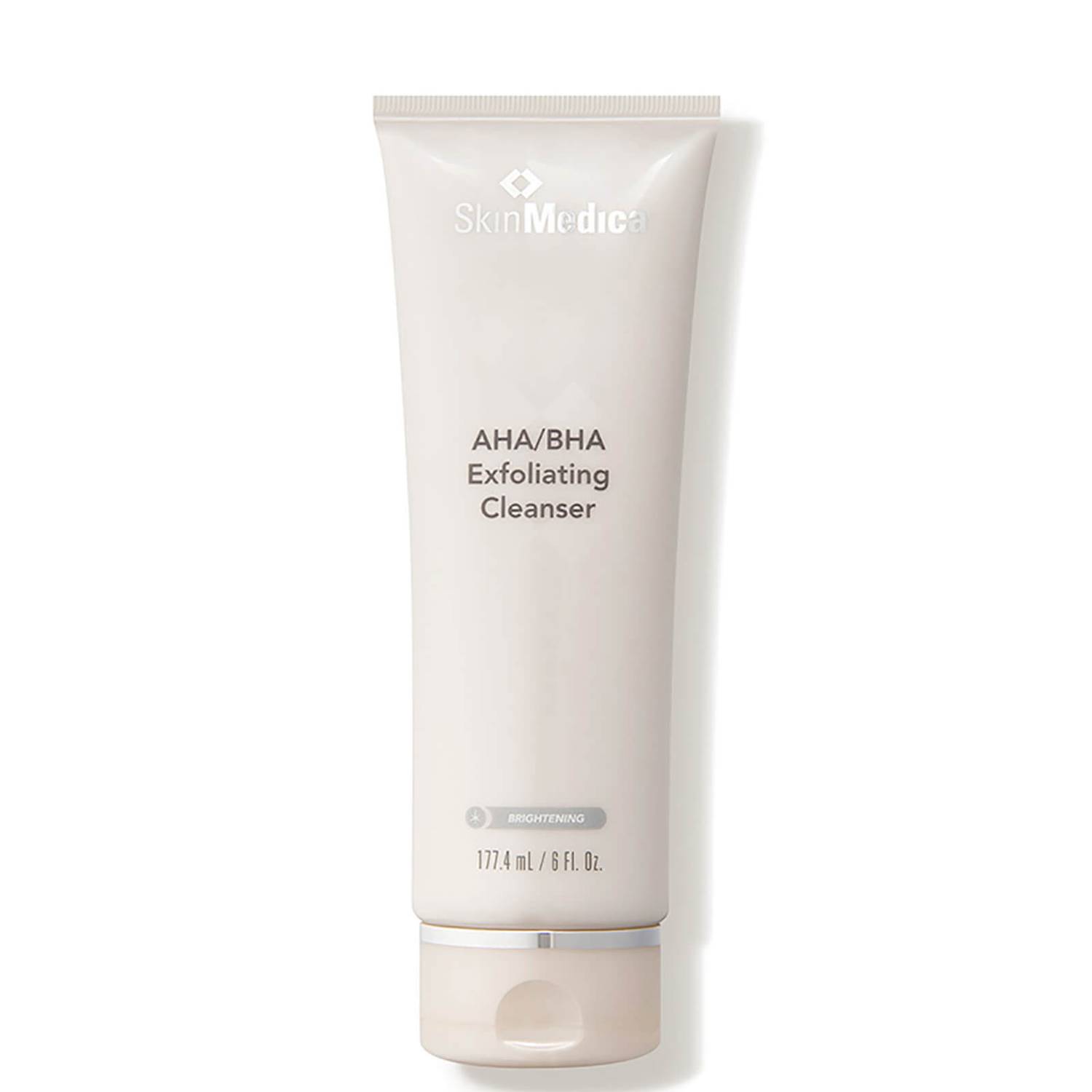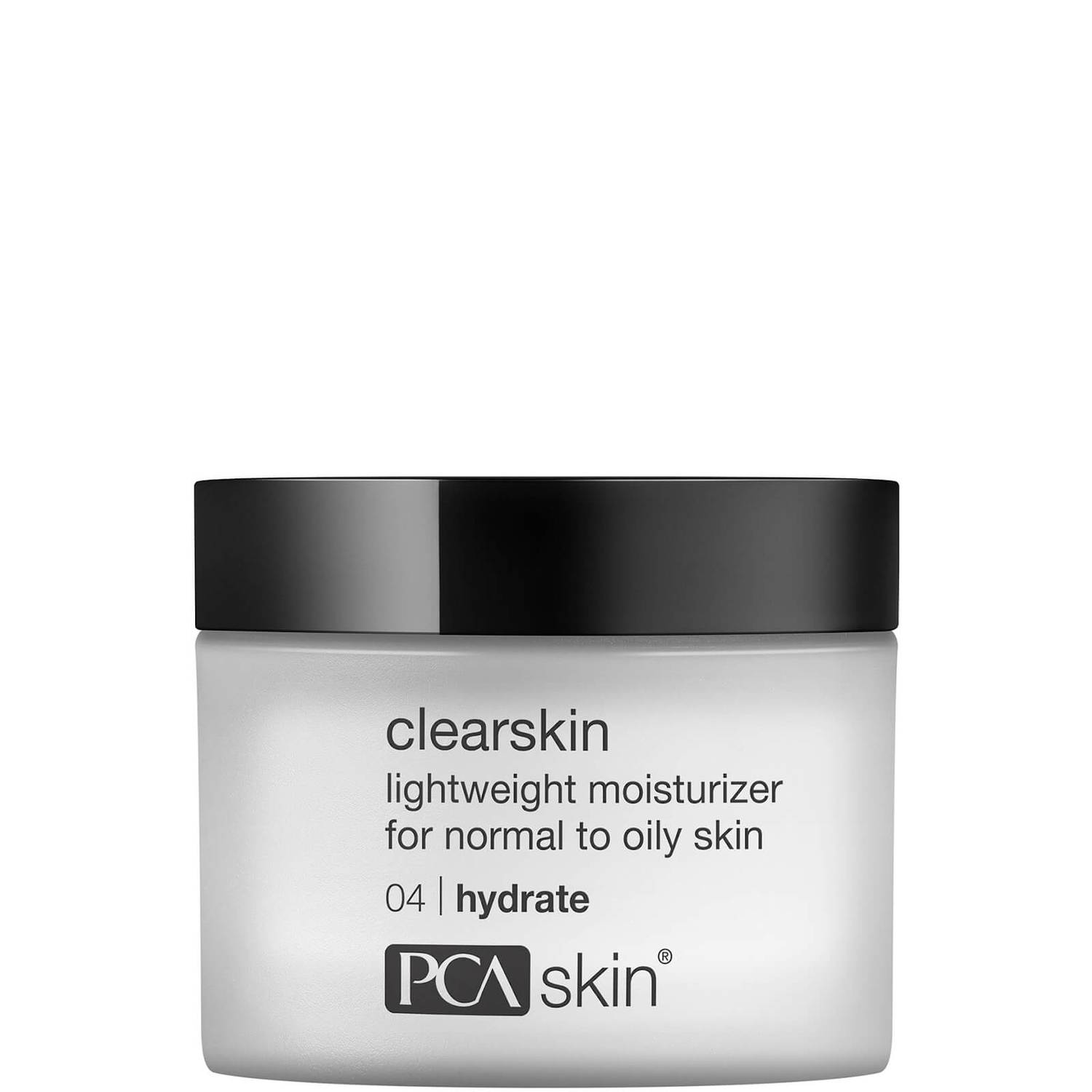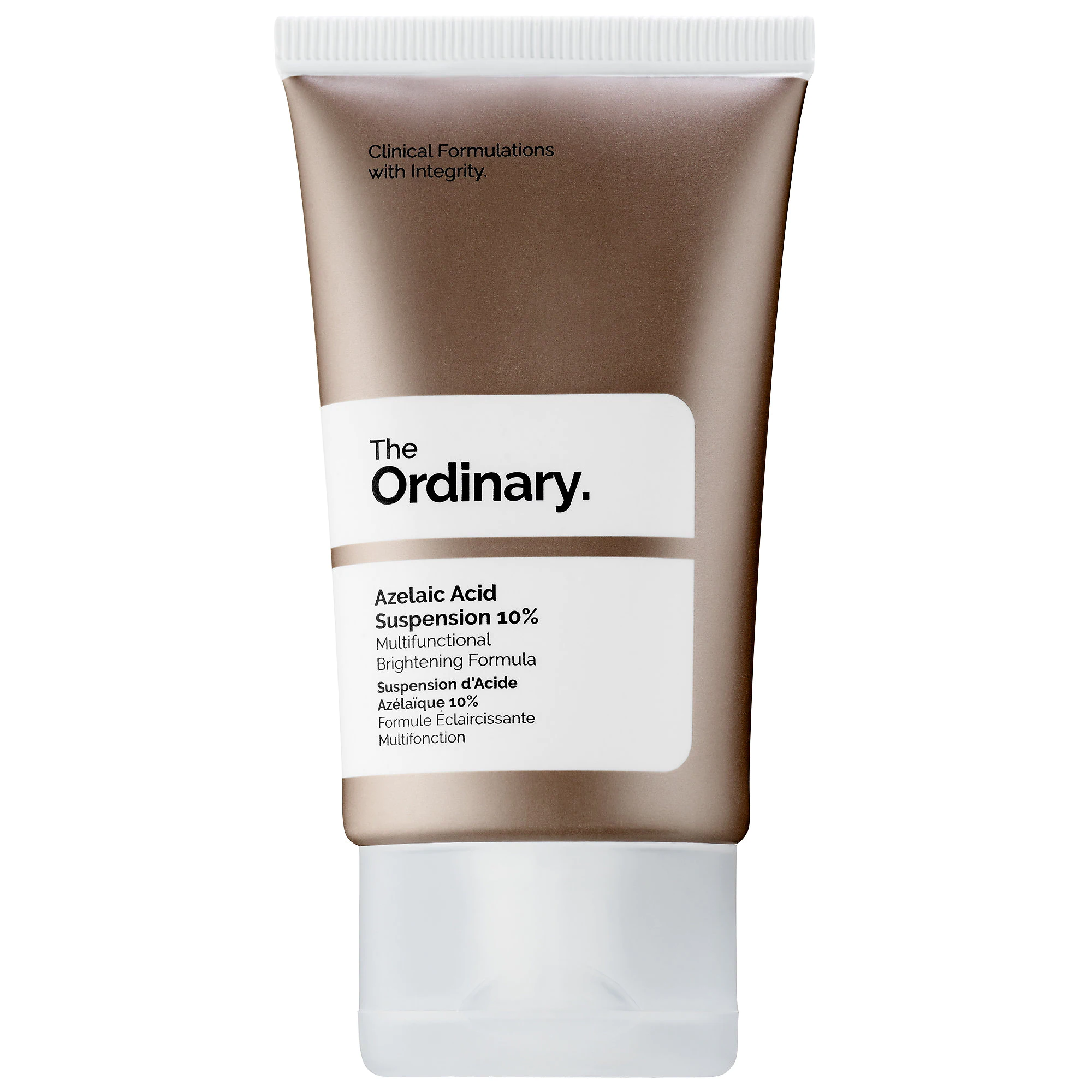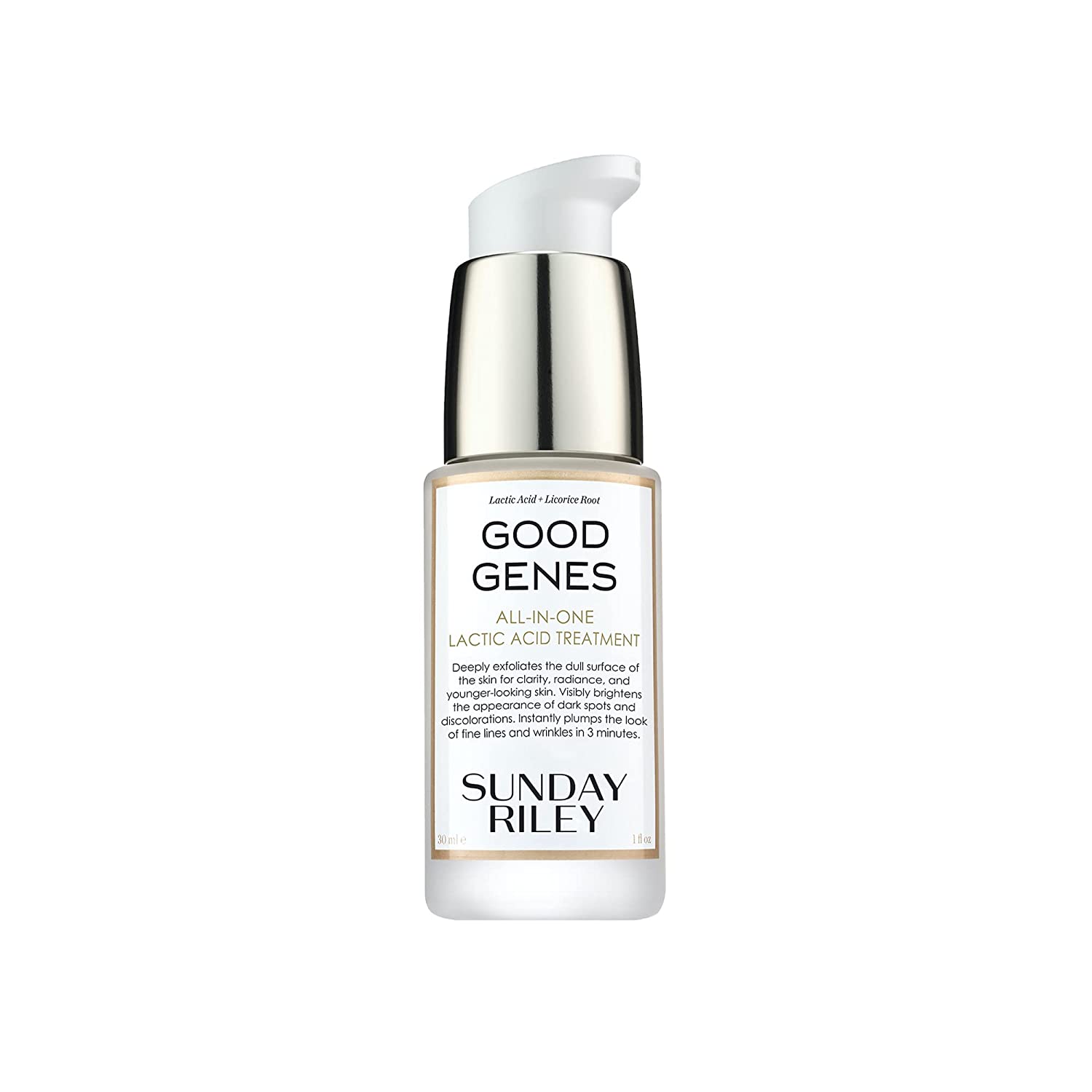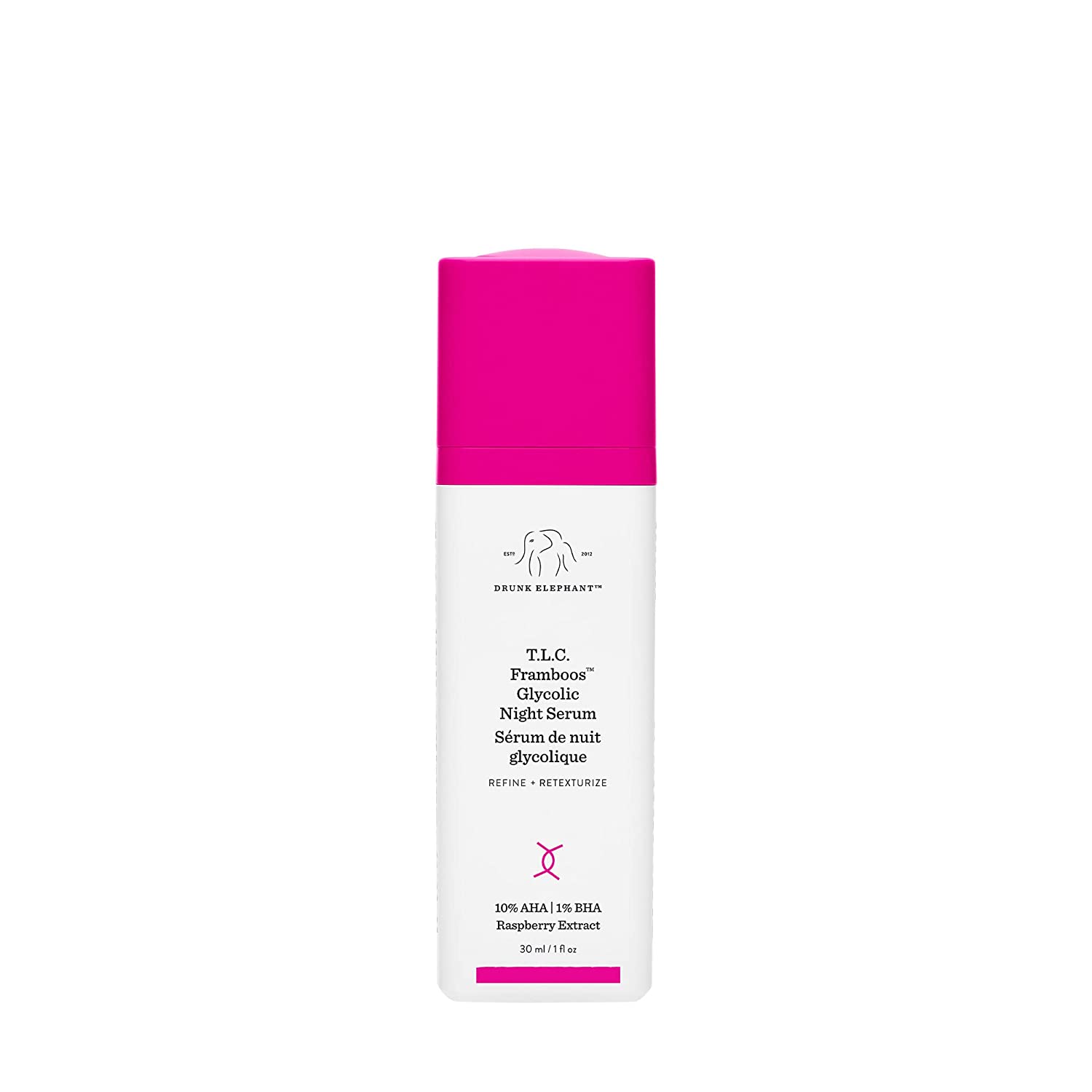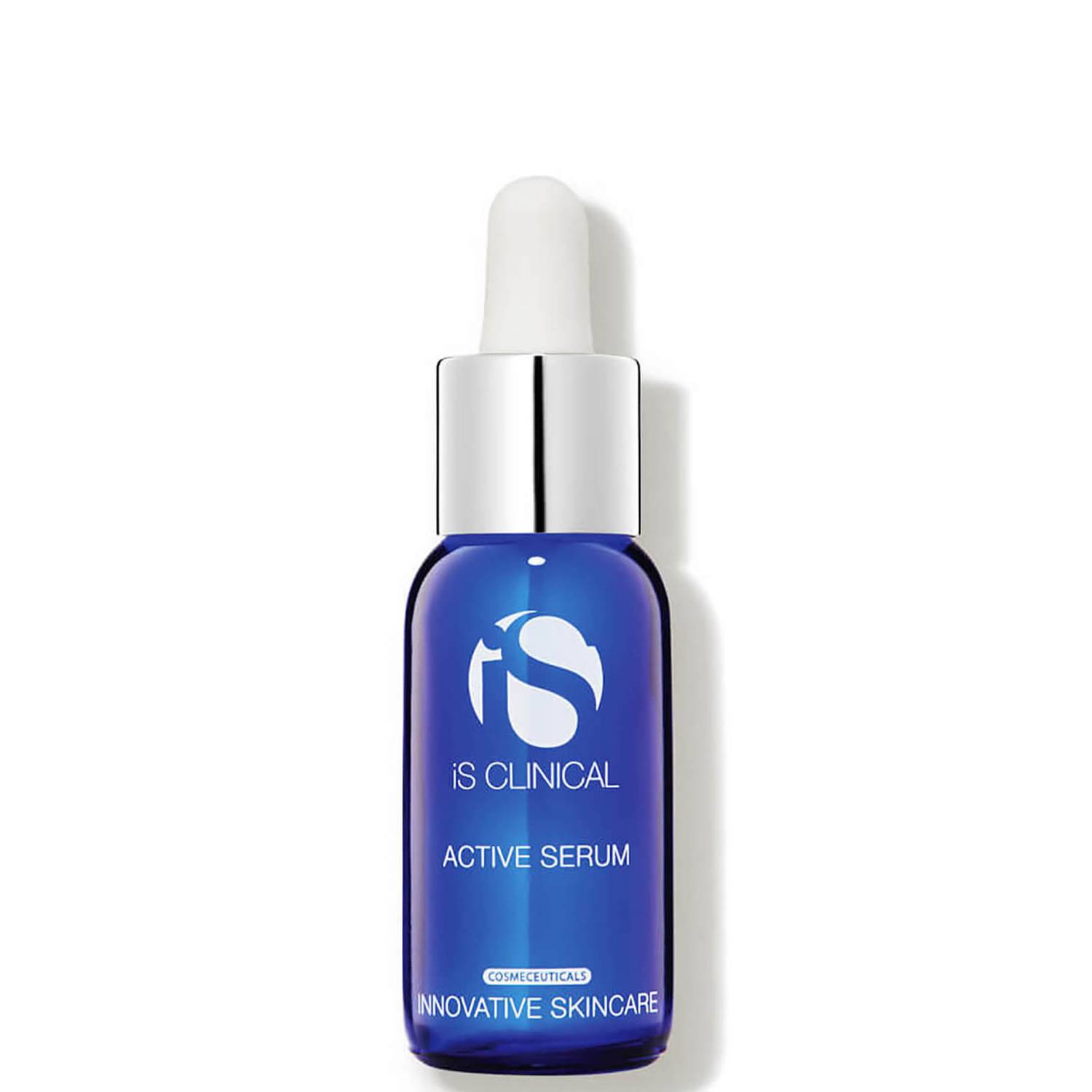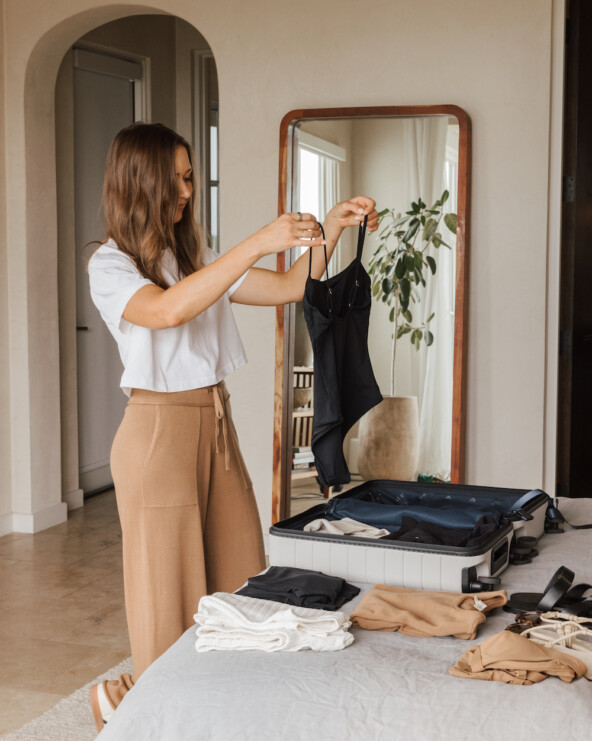We may receive a portion of sales if you purchase a product through a link in this article.
Confession time: in my teens, I rarely got pimples… and I loved to brag about it. Sure, the occasional zit would roll around if I spent a weekend mainlining pizza and milkshakes, but it would quickly disappear, leaving nary a mark. For years, my unblemished skin was a source of great pride, and when people asked me my secret I would smugly shrug and say, “I guess it’s just good genes!” But don’t worry, the chickens came home to roost many years later when I was hit with a horrible bout of acne when I least expected it. But as I’ve since learned, getting acne in your 30s is a common, (though incredibly annoying) occurrence.
It turns out that there are a lot of reasons why you could develop acne in your 30s. This frustrating phenomenon could be the result of hormonal and dietary changes, environmental factors, the natural aging process, and more.
Featured image of Brigitte Sharp, founder and creative director of Lou, by Hannah Haston.

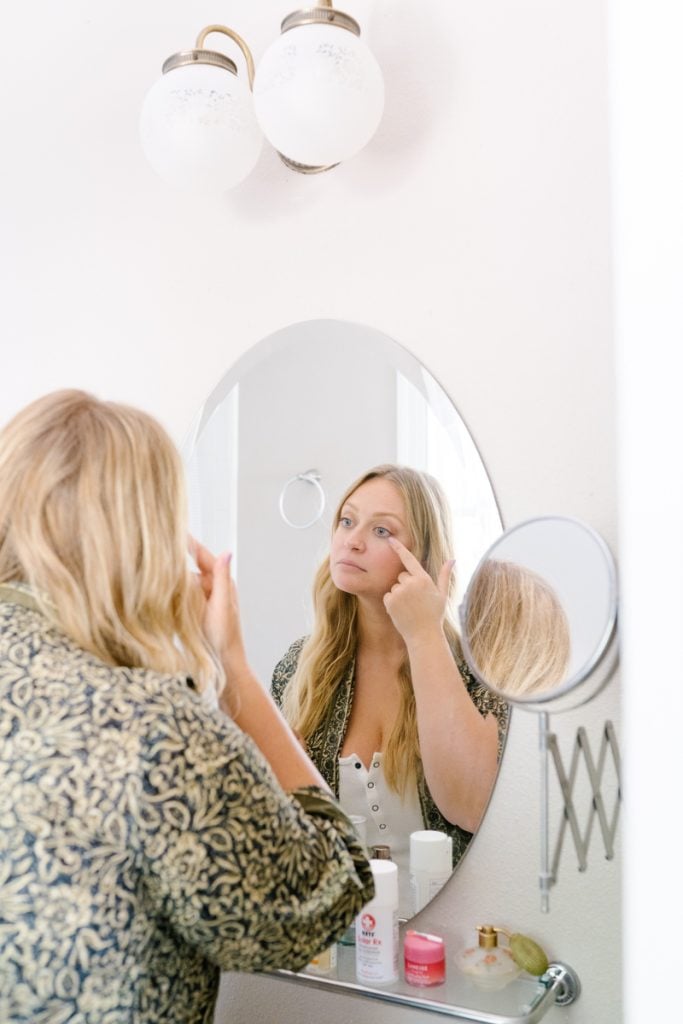
Luckily, products featuring powerful ingredients at various price points can be utilized to fight frustrating skincare woes. It took me a long time to realize that I didn’t have to deal with this on my own, and after years of suffering silently it dawned on me that I could see a dermatologist about the issue. Within weeks, it cleared up and hasn’t plagued me since. It was a huge lesson in remembering to ask for help, even if the problem seems trivial.
To get to the bottom of why this happens and what we can do about it, I tapped a pair of experts to give us the scoop on acne in your 30s. I asked Deisy Suarez, aesthetician and founder of Desuar Spa, and dermatologist Dr. Rafaeloff of Le Jolie Medi Spa for their guidance. Get ready to be blown away by their insightful answers, tips, tricks, and recommendations.

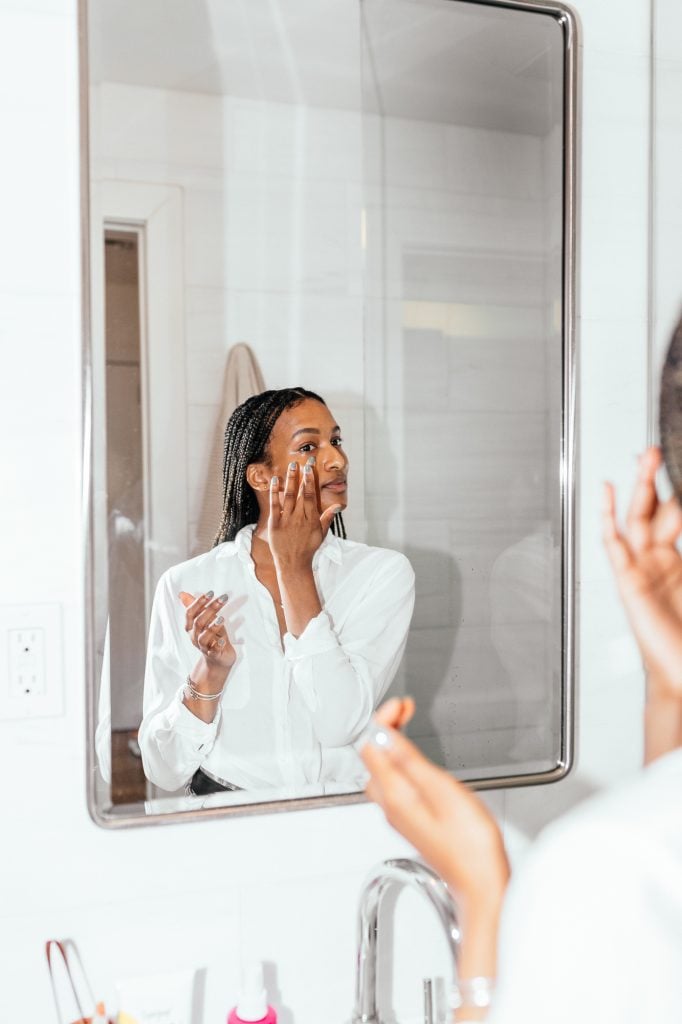
What causes acne in your 30s?
“As we age, our body also goes through many changes,” Suarez says, “and hormonal shifts are the main cause of adult acne.” As a result, skin is more vulnerable to hormone changes as an adult. Hormonal changes increase oil production, leading to clogged pores and breakouts. She goes on to state that this is the time in your life when skin cell turnover slows down. Skin cell turnover is the process of creating new skin cells to replace existing ones. During cell turnover, the body rids itself of dead skin cells to allow the body to grow new healthy skin cells.
Because our body cell turnover slows down as we age, we no longer have such a healthy shedding cycle. As a result, the dead skin cells sit on top of our epidermis longer than before and trigger acne, clogging and obstructing our pores with dead skin. This results in an increase in bacteria, and acne flare-ups.
Dr. Rafaeloff made a point to mention that stress can cause hormonal imbalances and change the whole body’s functions and secretions. Yet another reason to prioritize self-care and mental health! If you are worried about a hormonal imbalance, you’ll definitely want to go to your primary care physician and get some tests done.

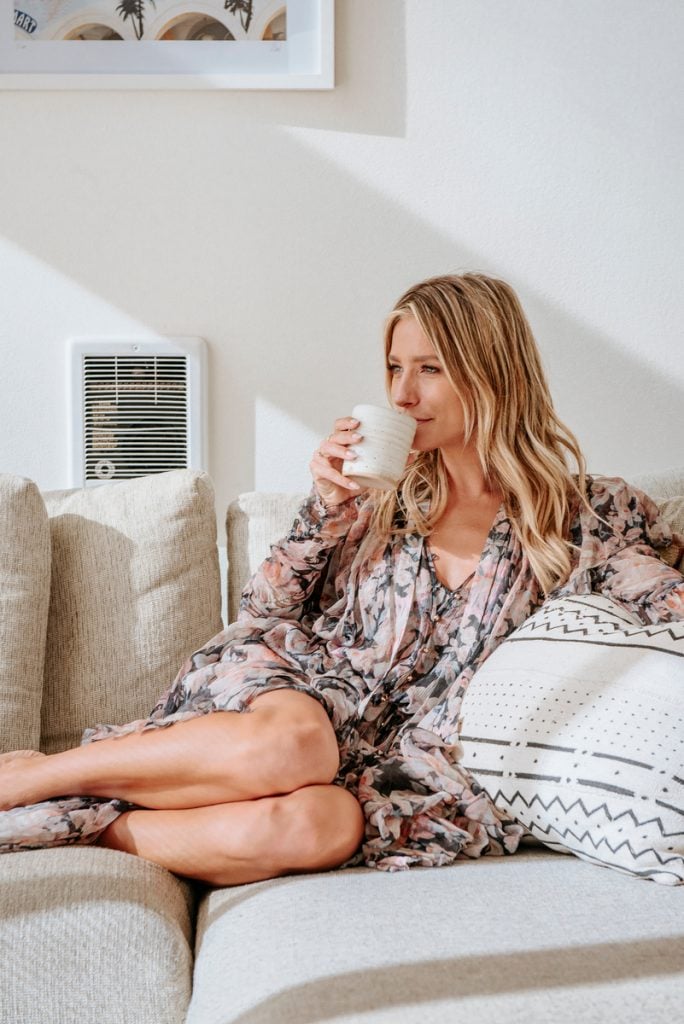
The Link Between Having Acne in Your 30s and Diet
Suarez confirms that consuming a high level of sugar or refined carbohydrates can lead to adult acne. This is due to the effects refined carbohydrates have on our body’s insulin levels and blood sugar. Refined carbohydrates are absorbed quickly into our bloodstream which can quickly raise our blood sugar levels.
She explains that as blood sugars rise, insulin levels also rise to help remove the sugars from the bloodstream and into your cells. Insulin makes androgen hormones more active. This contributes to acne growth by causing skin cells to grow more rapidly and by encouraging sebum oil production that can ultimately clog pores and result in acne. A huge bummer.
As if that weren’t enough, Suarez tells us that a diet that is high in dairy can also contribute to acne flare-ups. You can help to prevent acne in your 30s with a great balanced diet that limits dairy and refined sugars. Eating low-glycemic foods made of complex carbohydrates (like whole grains, fruits, and veggies) can also reduce the risk of developing acne.

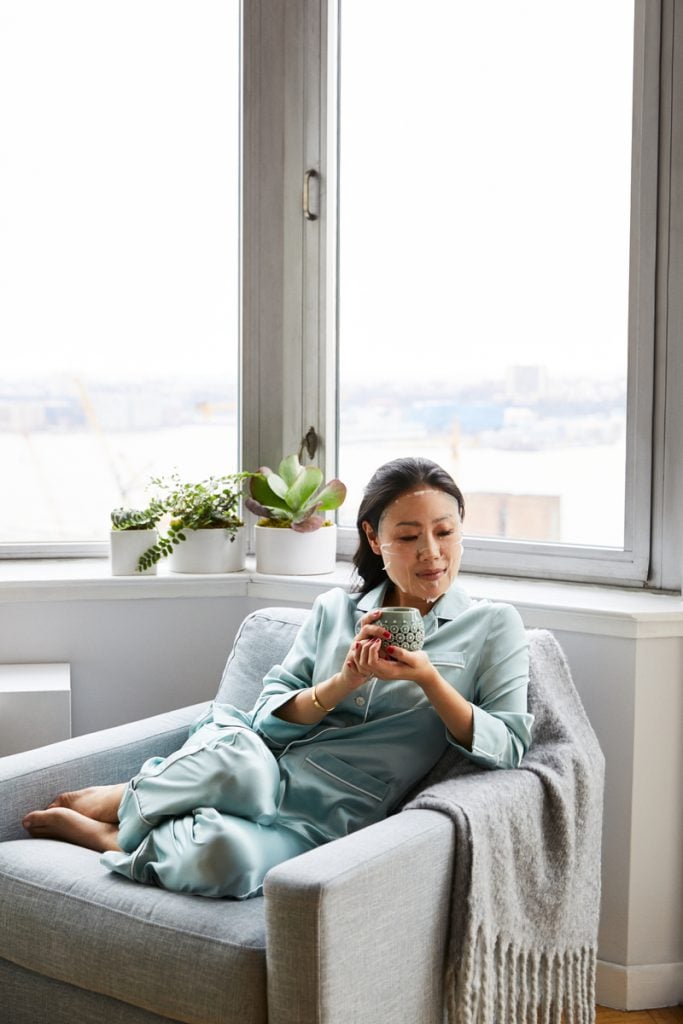
What are the best ways to prevent and treat acne in your 30s?
Luckily, Suarez mentioned that there are several things you can do in your 30s to prevent acne. Exfoliation helps to get rid of dead skin that would otherwise sit on the top layer of the epidermis. By exfoliating twice a week, you will assist your skin to remove old dead skin cells and grow new skin—this, in turn, will prevent breakouts. Wash your face daily and apply a non-comedogenic facial moisturizer. Then, use a toner to help with excess oil production. Lastly, eat a healthy and acne-friendly diet, low in refined sugar, fat, and dairy.
But Suarez gently and kindly reminds us that treating acne in your 30s requires patience and consistency.
Teenage skin heals faster and regenerates at a higher rate, but as an adult, the process is slower. Our collagen levels are also decreasing, which can leave us with more acne scars. Committing to a skincare plan, and staying with it, is the key to success.
According to Suarez, topical products like retinol assist with cell turnover and help dry out the excess oil on the skin. Using a BHA salicylic acid cleanser will help eliminate the presence of acne. Since it’s oil soluble this will penetrate the skin and help clear out dirt, dead skin, and oil. Tea tree oil is an antibacterial, drying agent, and witch hazel can help with inflammation, these two combined in a 50:50 ratio and used as a spot treatment can produce great results on the skin.
Dr. Rafaeloff adds that hygiene also plays a part, and regularly getting new pillows and removing allergens is vital to keeping skin clear and healthy, as is sleep itself! She recommends sleeping from 10 p.m. to 6 a.m. since that is when our rejuvenating hormones are released.

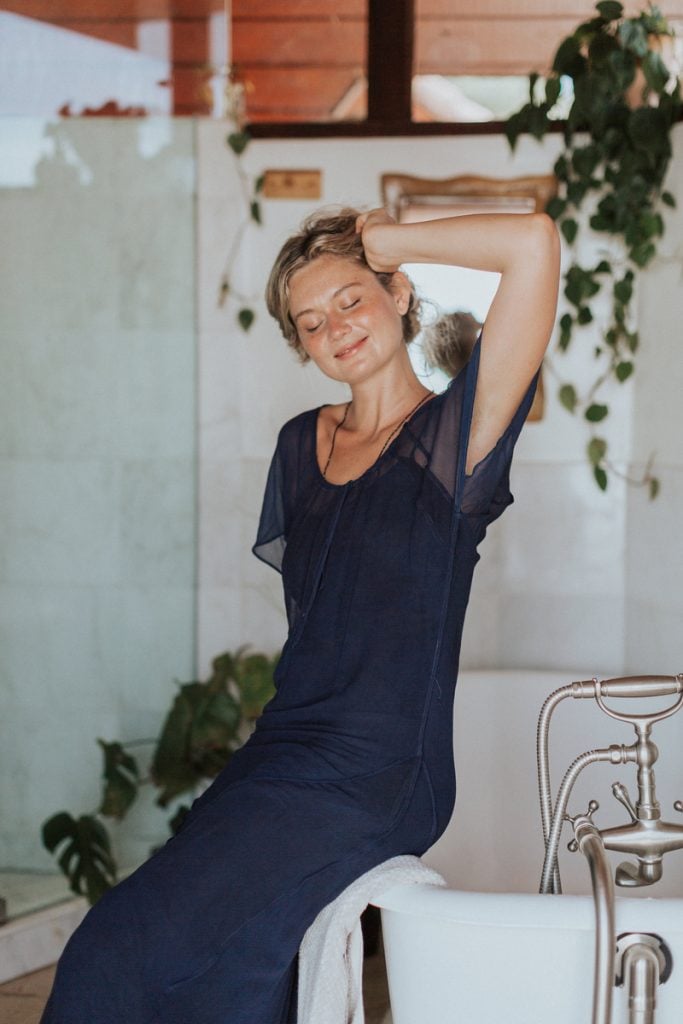
The Best Acne-Fighting Skincare Ingredients
- Salicylic acid removes dead skin cells before they can be infected with bacteria.
- Tea tree oil is anti-inflammatory and antimicrobial.
- Glycolic acid removes dirt and oil from the skin.
- Benzoyl peroxide kills pimple-causing bacteria.
- Retinols can help prevent new pimples and helps the cell renewal process.
- Azelaic Acid is anti-inflammatory, antibacterial, and a gentle exfoliator that reduces inflammation, unclogs pores, and prevents acne.
Acne-Fighting Treatments To Consider
There are many treatments that can help treat acne in your 30s. Suarez has three favorites that she highly recommends to people experiencing acne.
- Get an acne facial by a licensed esthetician.
- Invest in an LED light with blue and red light. It helps with acne since blue light is shown to kill bacteria and red light will help with inflammation. LED light therapy targets acne-causing bacteria and the production of excess sebum that causes clogged pores. These treatments can help clear current acne outbreaks and prevent future ones.
- Laser treatments are an effective method of treating acne since they destroy bacteria on contact. Lasers also shrink your oil glands to stop pores from clogging and future acne breakouts. They are able to reach deep players of the skin without harming it.
Alongside regular faces and peels, Dr. Rafaeloff is a fan of the Morpheus8 Resurfacing treatment for both active acne and scarring. Morpheus8 is a micro-needling device that uses radiofrequency energy to help create smoother, healthier skin.

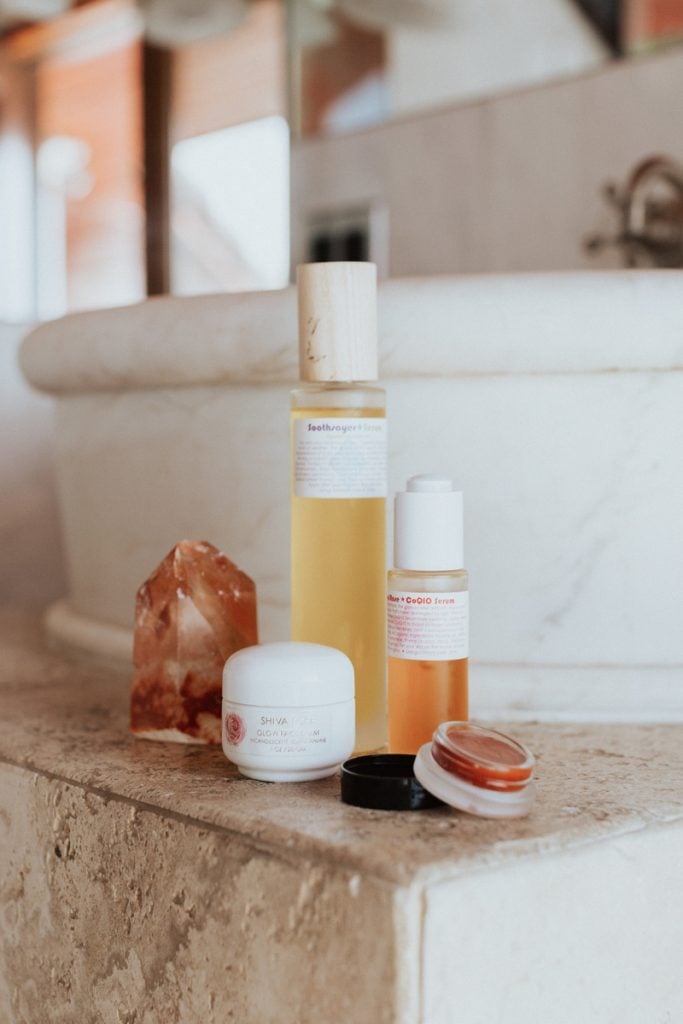
10 Expert-Approved Skincare Products if You Have Acne in Your 30s
Dr. Dennis Gross DRx SpectraLite FaceWare Pro
Obagi CLEMZIDerm Therapeutic System
Apostrophe Topical Spironolactone
SkinMedica AHA/BHA Exfoliating Cleanser
PCA Skin Clearskin Moisturizer
Drunk Elephant TLC Framboos Glycolic Resurfacing Night Serum

